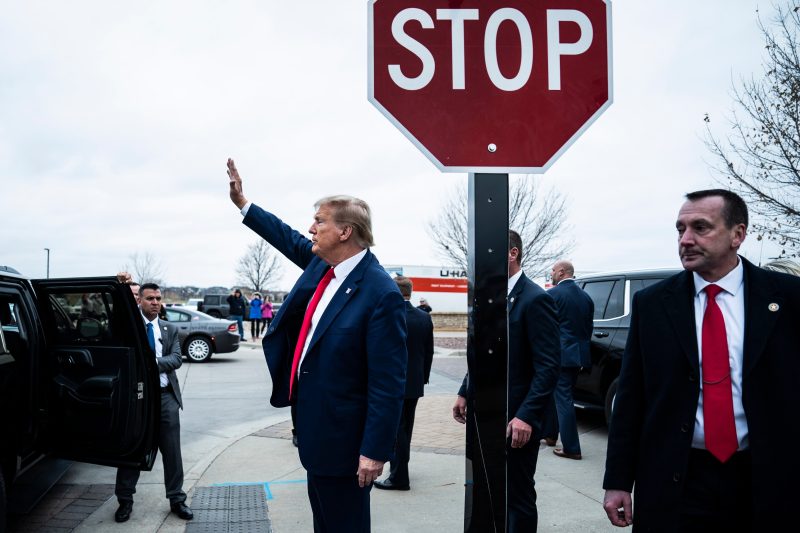Since the beginning of Donald Trump’s Presidency, there has been no dearth of controversies and criticisms. From his personal style of leadership to speeches and policies, every move of Trump has been closely followed by his critics. The latest in the long list of criticisms is his comments regarding his status as the “the chosen one” to take on China’s trade practices.
Recently, while speaking to the media, Trump asserted that he was chosen by God to take on China and likened his role to that of a “king” or a “dictator.” While critics lambasted Trump for his comments, this isn’t the first time the President has been accused of authoritarian ambitions. In the past, critics have held Trump responsible for inciting violence and using racism to win support.
This latest incident has reignited criticism against Trump and his camp has tried to dampen the furore over this remark. White House press secretary Stephanie Grisham commented that the President was only “joking.” But many argue that this is just another example of Trump’s authoritarian behavior and the need to have strong checks and balances in place.
Though most citizens disapprove of Trump’s comment, the President’s approach appears to have quite a few supporters. Some people think that Trump’s domineering style ensures a quick solution to issues like the trade crisis with China. However, others have a more long-term view and argue that authoritarian rule can only lead to the repression of basic human rights, and an increase in poverty and hardship.
In the end, it is up to the citizens of the United States to decide if Trump’s comments are acceptable and if his policies are in the interest of the nation. It is important to recognize that some forms of authoritarian leadership can lead to long-term problems. It is only with a robust system of checks and balances that the repercussions of authoritarian rule can be prevented.

